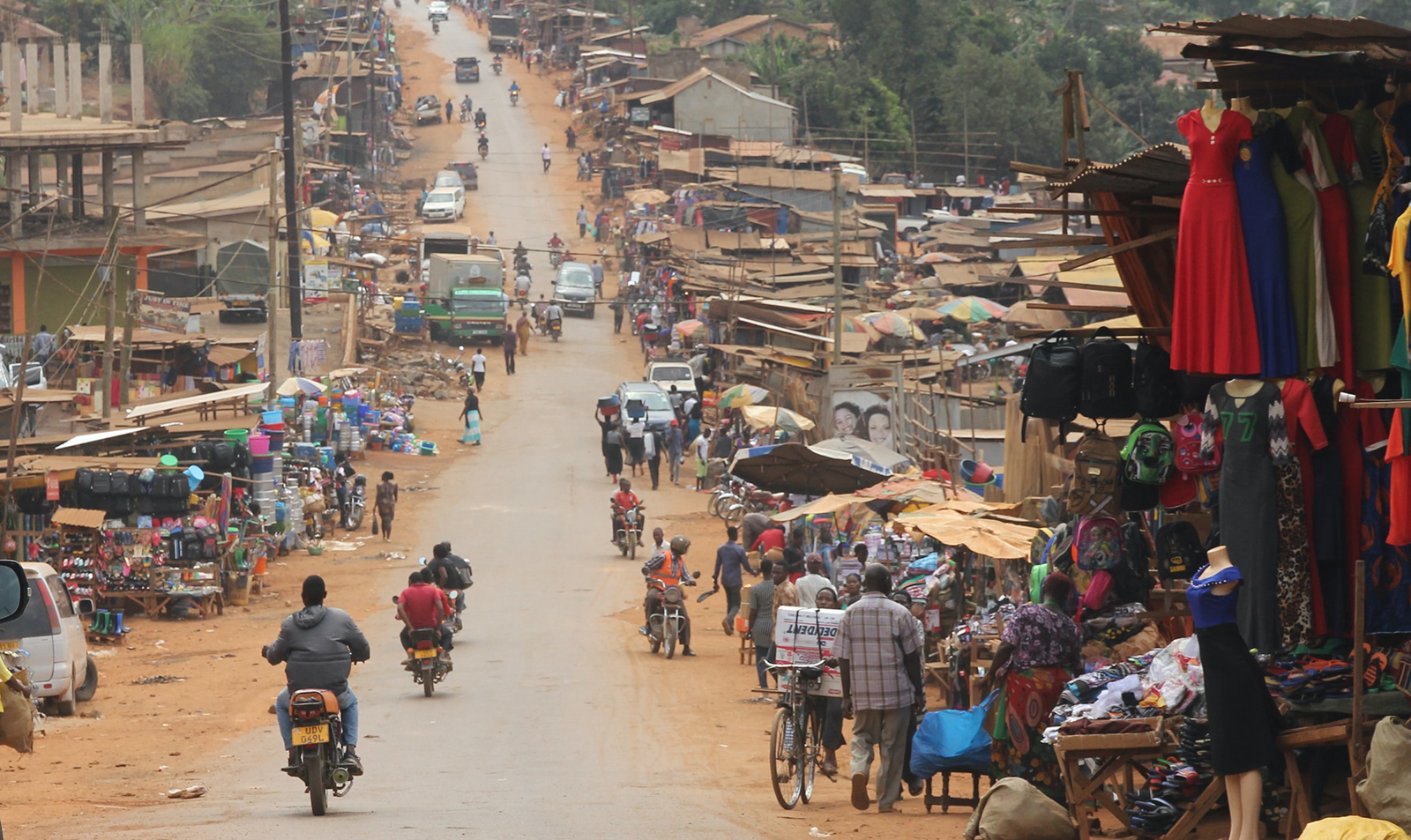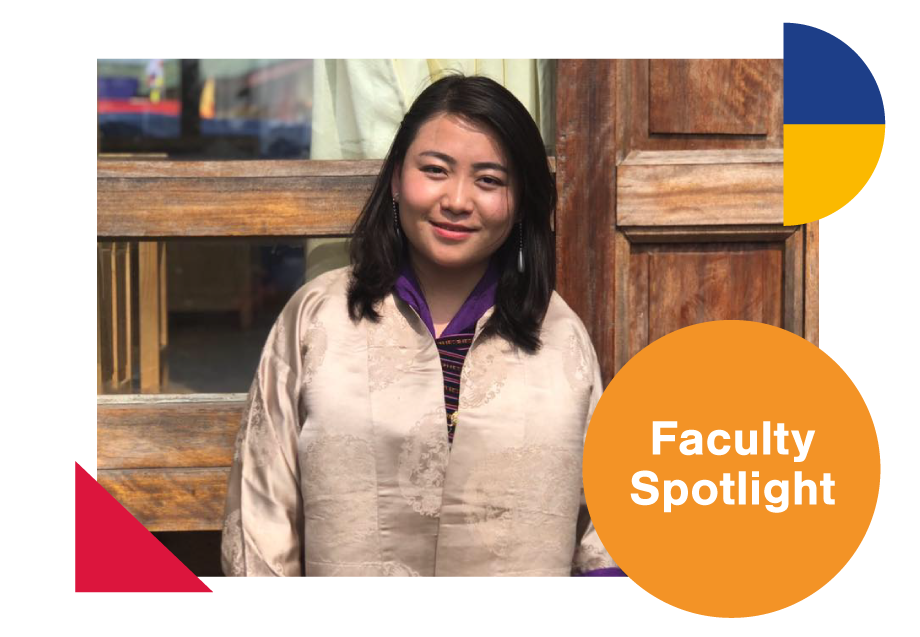Aalto and Makerere University students’ collaboration project Up-Plastic turns plastic waste into building components. The solution is not only about the recycled material but also about involving people.
“Plastics are one of the major reusable waste one can work with. It can be used for art and design modelling, in architecture, as a construction material, and for many more purposes”, says Bruce Nuwagaba, engineering student from Makerere University.
Nuwagaba is a member of team Up-Plastic, a collaboration of Aalto University and Makerere students, who have developed a solution to plastic recycling in Kampala, Uganda. According to Nuwagaba, plastic waste is one of the most crucial issues in the city.
“Plastic waste, especially PET, is one of the major solid wastes one will witness after every meter on the streets of Kampala and the surrounding suburbs. With companies that package their end products in these plastics, the amount is increasing tremendously, and it has caused an alarm”, Nuwagaba explains. “We have to find out, how plastics can be rolled back in reusable formats sustainably.”
In February 2018, the student team started to work face-to-face on their solution when team members from Aalto’s SGT Studio course arrived.
“We built together a compression machine using the open source blueprint developed by Precious Plastic. The machine was compiled in just four days, and entirely from recycled materials”, says Anna Kintshurasvili, architecture student who participated in the SGT Studio course.
Up-Plastic was one of the student challenges realized during the first year of PBL East Africa project, which is a three-year collaboration led by Aalto Global Impact, involving Makerere University, Dar es Salaam University and University of Nairobi. One goal of the collaboration is to extend the impact of student projects by linking the learning experience to real cases of local communities.
Awarded for empowering youth
Anna Kintshurasvili has just heard pleasant news. In September, team Up-Plastic will receive a Community Heroes Award for their work. Africa Centre for Peace Building and Awake Africa Magazine grant the award to organizations and teams, who focus on community development in Africa.
“I believe this is the greatest achievement for us since the competition was huge and I believe most of the other winners are well known of their development work, when we are a group of students. They saw our solution empowering youth”, Kintshurasvili says.
In Kampala, Bruce Nuwagaba spreads the message of plastic recycling. The low cost sustainable building blocks developed in the Makerere University’s workshop space have been introduced to local communities.
“One of the products we have shared and taught the communities we have visited are these blocks made from recycled plastic which are super water proof according to the laboratory tests we did. The blocks can be used, for example, as bricks and pavers”, says Nuwagaba.
“In Kalerwe, people have showed a lot of interest and are willing to take this up as their other source of income”, he continues. “Through this, the disposal of plastic waste is reduced, the construction industry favored, and at the same time we can conserve the environment and create employment opportunities for waste pickers.”
The Call for Applications for the next SGT Studio course (and the next PBL East Africa’s SGT team) is open until October 12, 2018.
Read more
PBL East Africa website
SGT – Sustainable Global Technologies Programme
Tags:
PBL East Africa,
SGT Studio
This post was written by AGI



